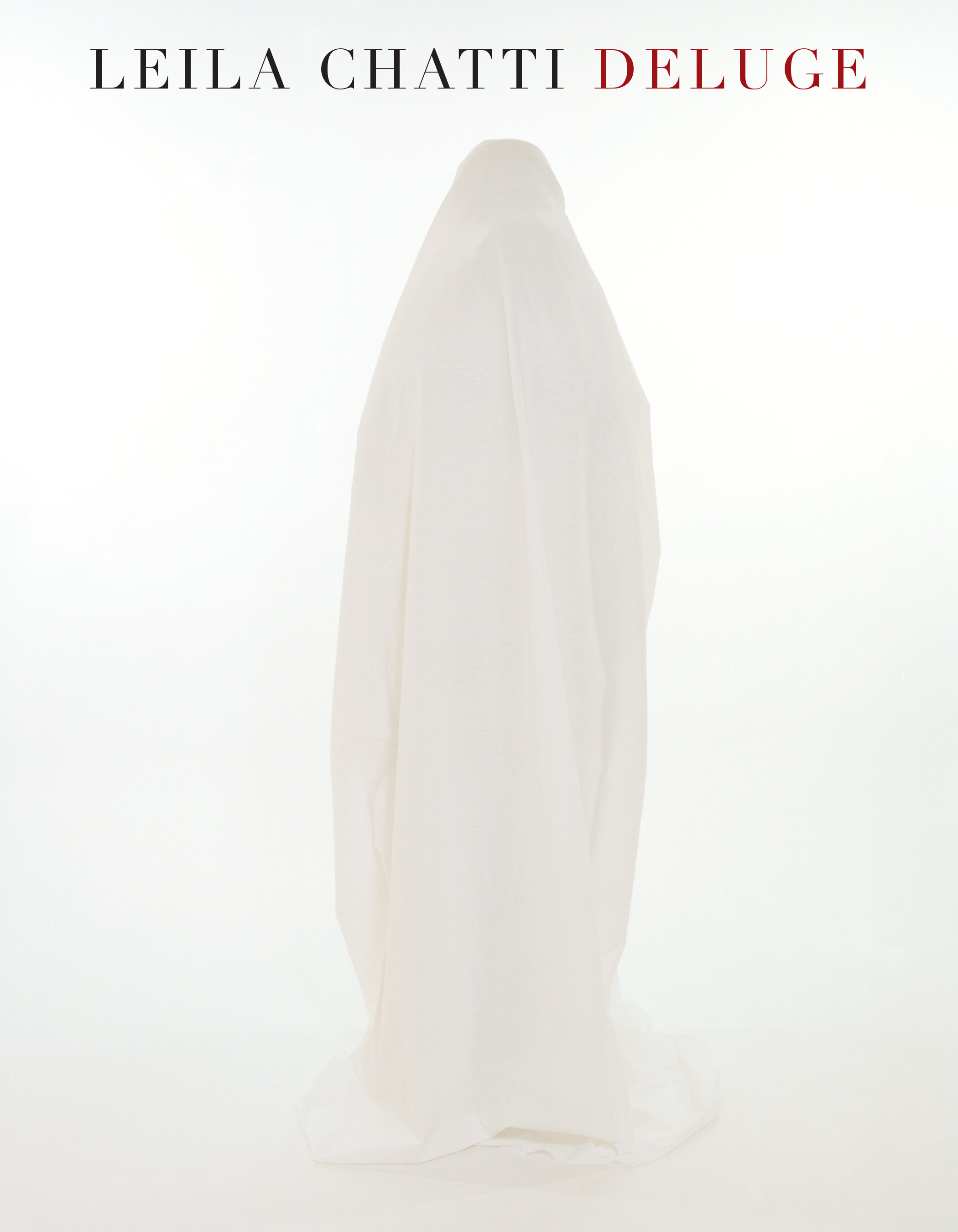Wildness Before Something Sublime
copper canyon press, September 2025
Available now!
Leila Chatti’s Wildness Before Something Sublime confronts a world defined by dualities—love and loss, wonder and despair, the gift of “sunflowers / by the roadside” and the pain of losing a pregnancy. “Night Poems,” written on the brink of sleep, travel the dream world and the subconscious mind to unearth the unfiltered self, to understand identity, desire, and the body. Other poems become acts of divination, calling on God and the Muse, calling on the voices of beloved women poets—Lucille Clifton, Anne Sexton, C.D. Wright—to comb through the dark. Chatti expertly grapples with the pain of what a body should but cannot do. Under the shifting weight of this grief, poems fragment, become ruptures of language, experimentations, refractions, a kaleidoscope of recurring sound and image. Snow, light, milk, clouds, silence. Behind every positive image, the shadow of its opposite, an echo of emotion. As Chatti bridges the gap between dream and language, the external and internal, a new world emerges—a world in which darkness is reclaimed.
Deluge
copper canyon press, April 2020
winner of 2021 Levis Reading Prize
Winner of 2021 Glenna Luschei Prize for African Poetry
Longlist for PEN AMerica OPen book award
Publishers Weekly's Top Poetry Books To Read in Spring 2020
Ms. Magazine's Most Anticipated Feminist Books 2020
The Millions’ Must Read Poetry Books
In her early twenties, Leila Chatti started bleeding and did not stop. Physicians referred to this bleeding as flooding. In the Qur’an, as in the Bible, the Flood was sent as punishment. The idea of disease as punishment drives this collection’s themes of shame, illness, grief, and gender, transmuting religious narratives through the lens of a young Arab-American woman suffering a taboo female affliction. Deluge investigates the childhood roots of faith and desire alongside their present day enactments. Chatti’s remarkably direct voice makes use of innovative poetic form to gaze unflinchingly at what she was taught to keep hidden. This powerful piece of life-writing depicts Chatti’s journey from diagnosis to surgery and remission in meticulous chronology that binds body to spirit and advocates for the salvation of both. Chatti blends personal narrative, religious imagery, and medical terminology in a chronicle of illness, womanhood, and faith.
“To write a series of poems out of extreme illness is a bracing accomplishment indeed. In Deluge… Leila Chatti, born of a Catholic mother and a Muslim father, brilliantly explores the trauma. In a frightening two-year saga of a tumor and the ‘flooding’ it caused, Chatti finds not disassociation but deeper association with her own experience.”
“Chatti turns fear and shame into empowerment in her unflinching debut… [She] translates a gritty, traumatizing experience into a hypnotic, transcendental topography of the human spirit.”
—Publishers Weekly, starred review
“Tunisian American poet Leila Chatti’s powerful collection of poems centers her faith, health, embodiment, shame and womanhood.”
—Ms. Magazine
“A stunning debut.”
—The Millions
Figment
released nov. 8, 2022
In grief, language eludes, shifts, breaks down, betrays. Figment is an attempt to articulate the inarticulable, to glean meaning from scraps of language, and to see clearly that which exists just out of view. Through fragments and the abecedarian form, Leila Chatti parses the experience of pregnancy loss and the anguish of failed creation. Figment is a work of accumulation—words exist individually like dots of paint, which, when observed at a distance, reveal the larger subject.
The Mothers
Conversation series with Dorianne Laux
In The Mothers, a collaborative chapbook, poets Dorianne Laux and Leila Chatti explore matrilineage, motherhood, and aging. Includes a conversation between the poets on creativity and friendship.
Tunsiya/Amrikiya
2017 Editors’ Selection from bull city press
In Tunsiya/Amrikiya, emerging Tunisian-American poet Leila Chatti explores the nuances of multicultural identity, the necessity of family, and the perennial search for belonging. From vantage points on both sides of the Atlantic, Chatti investigates the perpetual exile that comes from always being separated from some essential part of oneself.
Ebb
included in the New Generation African Poets Series: Tano
“If there is one word that captures the tone of these lithe and sonorous poems, it is the Portuguese term saudade. Although broadly considered untranslatable, it is proximate to melancholy, nostalgia—a sense of longing and loss, for a lover, a situation, or place. . . as a poetic construct, it is only partly elegiac, as it also describes something active, a presence of the absence itself.”
— Karen McCarthy Woolf, from the preface






